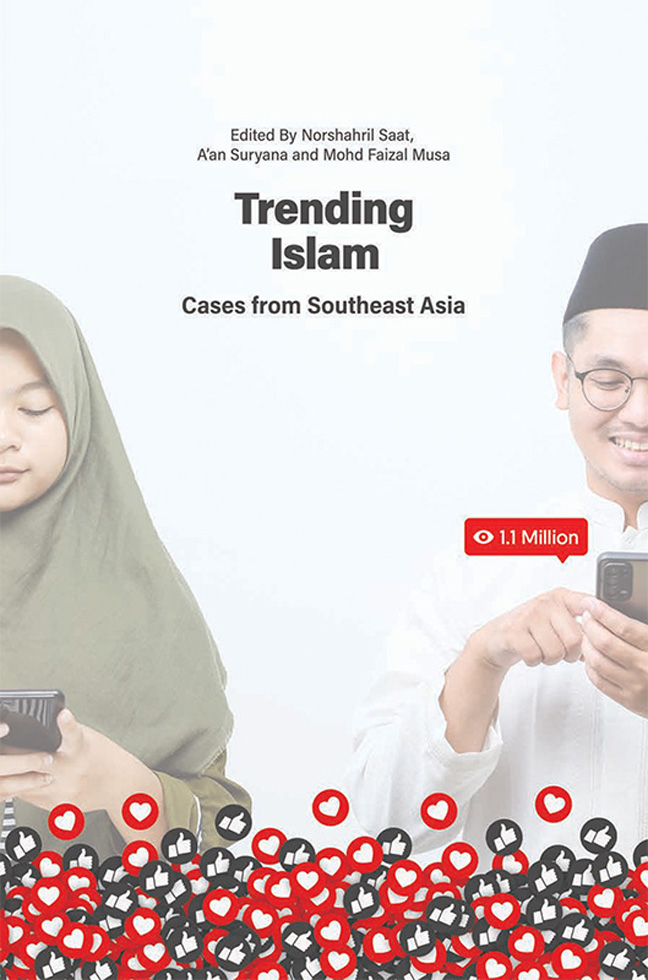8 - Amar Makruf dan Nahi Mungkar: Moral Policing of Female Muslim Celebrities and Influencers in Brunei, Malaysia, and Indonesia
Published online by Cambridge University Press: 26 March 2024
Summary
Introduction
According to Fox (2010, p. 355), “Recent years have seen a growing interest, both scholarly and otherwise, in the intersection of religion and media. Much of the commentary has been organised around the idea that, as media have taken on the role of a public religion, contemporary religious life has become suffused with sensibilities that derive from television, popular films, and the Internet”. In maritime Southeast Asia, particularly the Muslim-majority societies, popular culture has become part of everyday lived Islam. Sounds and images about Islam abound in contemporary popular culture in the form of films, music, television, radio, comics, fashion, magazines, and social media. However, along with the development of modern and increasingly accessible modes of communication come broad implications for what gets articulated in the public sphere. Eickelman and Anderson (1999, p. 14), for instance, describe how as the role of the media has increased, the gatekeeper role of nation-states has decreased, and as a result, more people have gained access to redefining Muslim thought.
The most potent entity of this expanded mediascape is the Internet and social media. Bunt (2009, p. 1) states that many Muslims, in both majority and minority contexts, are relying on the Internet as the primary source of news, information, and communication about Islam. He uses the term “cyber-Islamic environment” (CIE) to describe this digital space that represents the diversity of “varied Muslim worldviews within the House of Islam”. He also notes that the new media culture that emerged recently has led to the creation of new concepts such as “e-jihad” (“Electronic Jihad”), which presents itself in myriad forms such as promoting militaristic activities or coordinating peaceful protests.
Similarly, on the role of social media, Ibahrine (2014, p. 37) argues that the impact of social media on “religious behaviours of individuals and communities in environments characterized by conservatism and traditionalism, will be even more profound than in environments characterized by liberalism and openness”. He notes that many Islamic scholars today are highly enthusiastic about using social media to spread their messages as they recognize the power of these platforms to engage with a bigger audience. In fact, proselytization on social media is not limited to religious leaders but is also done by ordinary Muslims who often post Qur’anic verses and hadith (sayings of the Prophet Muhammad) on their social media accounts.
- Type
- Chapter
- Information
- Trending IslamCases from Southeast Asia, pp. 155 - 182Publisher: ISEAS–Yusof Ishak InstitutePrint publication year: 2023

